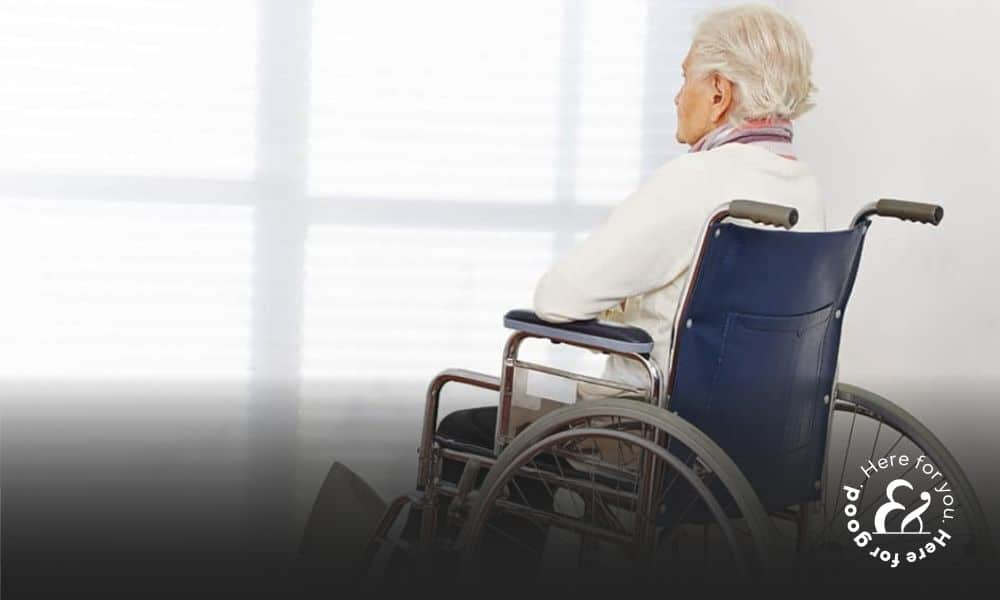Elderly residents in long-term care institutions may suffer physically and psychologically in nursing homes due to abuse or neglect. Financial exploitation and sexual abuse are other examples. Families that entrust nursing homes with the care of their loved ones presume that the setting will be secure and that their needs are taken care of. But now and then, we hear horror stories about organizations and individuals who abuse their patients.
Recent revelations of nursing home abuse typically center on staff-related offenders. The people we rely on to provide care for our loved ones should not be bringing harm to those very individuals. Greedy businesses prioritizing profits above people are a contributing cause of nursing home maltreatment. Rather than offering residents top-notch care, they use subpar hiring and training procedures or make financial savings through cost-cutting measures.
There are now over 70,000 residents of nursing homes in Florida. The number of allegations of abuse has increased along with the number of senior residents entering nursing facilities. One in ten older individuals has experienced abuse, according to recent studies. However, the figure does not account for abuse incidents that go undetected. Reporting a nursing home in Florida may be something you are considering if you live in Florida and believe a loved one has been abused.
Who Oversees Complaints About Nursing Homes in Florida?
The Complaint Administration Unit of the Florida Agency for Health Care Administration accepts and handles grievances regarding the standard of care provided in Florida nursing homes. You can utilize the Licensed Health Care Facility Complaint Form or call 1-888-419-3456 to voice concerns about state-licensed nursing homes. Be prepared to provide all pertinent information when speaking with them, including the caregivers’ names, the dates the alleged abuse occurred, and descriptions of the alleged abuse.
However, if you try to obtain financial compensation for pain and suffering, wrongful death, or therapeutic costs in a civil case, these administrations will be unable to assist you. You can get help with this process from our Florida nursing home abuse attorneys. They can also expedite the complaint process and help you every step of the way if you contact them right away.
What Constitutes elder Abuse?
Elder abuse comes in various forms, such as
- Elder abuse is defined as any knowing or intentional act that puts older persons in danger or harm committed by a person with whom they have a trusted connection, such as a nursing home caregiver.
- Physical abuse is the physical force against a senior, including unwarranted restraint, injury to the body, or inflicting pain. Examples include striking, pushing, shoving, and hitting.
- Sexual abuse includes non-consensual relationships with senior citizens or relationships with elderly people who cannot consent..
- Financial exploitation is the inappropriate or illegal use of money, assets, or property belonging to an elderly person. For instance, a nursing home aide might coerce a person under their care into writing cheques payable to the assistant.
- Caregiver abandonment or negligence is the failure to look after an older adult responsibly, such as by failing to give them enough food and water or the inability to keep their surroundings clean.
How Do I File a Complaint Against a Nursing Home in Florida?
Even though nursing facilities are supposed to provide secure and compassionate living quarters for older people, neglect, abuse, and fraud are too typical.
There are two main channels you can use in Florida to report a nursing facility. You must decide which method to use depending on why you want to notify the authorities about the nursing home.
You can report a nursing facility independently, but Farah & Farah can file the report on your behalf, review it, and recommend your legal alternatives for obtaining monetary compensation. First, immediately contact Farah & Farah for nursing home mistreatment.
You should immediately contact the Florida Department of Health if you have concerns regarding neglect or abuse at an elderly nursing establishment. The Florida Health Care Complaint Portal allows you to submit a complaint online. The Florida Department of Health assures the privacy of patient information.
The Florida DOH can take some time to look into claims of abuse or neglect in nursing homes. However, residents frequently do not have the luxury of waiting.
As a result, we firmly advise that residents and their families swiftly speak with an attorney in addition to filing a report through the Florida Health Care Complaint Portal. Our lawyers can assist if you or a loved one needs medical attention or has to be rescued from a dangerous nursing home.
Many folks are unsure when to file a complaint against a care facility. Abuse, neglect, and fraud plague many Florida nursing facilities, and many residents suffer needlessly. Residents and family members frequently give nursing facilities the benefit of the doubt, and administrators and staff frequently try to cover up signs of fraud, negligence, and abuse.
You should get legal assistance if you have any worries. Your worries may be justified, and it is doubtful that any lingering problems will go away on their own.



If you were injured in an accident due to someone else’s negligence, Farah & Farah is here for you. We’ve relentlessly fought for the right to compensation for our clients and their families since 1979.
Reporting a Nursing Home
The following situations all call for reporting a nursing home and talking to a lawyer about your (or a loved one’s) legal rights:
- Presence of inexplicable bodily injuries
- Unexplained weight reduction or weight gain
- Objectionable bodily touch of any kind
- Verbal or mental abuse
- Unauthorized charges or excessive payments
- Missing personal property, money, checks, or credit cards
- Bedsores or other proof of neglect
- Inadequate supply of medicines or failure to manage the distribution of medicines
- Exposing patients to substandard hygiene facility
Can a resident of a nursing home in Florida be evicted?
Being abruptly forced to remove a family member from a nursing facility can be upsetting and daunting, particularly if your loved one needs more care than you can provide. Seniors may be discharged from a nursing home for a variety of reasons. Some are justified, such as when a facility cannot provide the patient with the required quality of care or when a facility is shutting down. Other justifications are illegitimate and may be unlawful.
It’s appalling that some nursing facilities prefer people who utilize Medicare over Medicaid because Medicare pays significantly more but only for a limited period than Medicaid. Residents get an eviction notice after the higher payment period finishes. Nursing homes may discriminate against patients utilizing Medicaid to pay for their care because they value profits over people. Discrimination of this nature is forbidden.
Nursing Home Discharge Protocols
For the patient’s safety, nursing homes should discharge patients following these established procedures. Planning and notification for nursing home release include the following:
- Management must send written notification of impending discharge to the resident and their authorized representative with at least 30 days’ notice. The discharge notification should include the reasons for the release and the facility’s actions to address the issues. The only exception would be an emergency.
- The establishment must write a summary of the patient’s physical and mental condition before discharge.
- An authorized patient representative must get a thorough post-discharge plan of care that details additional options for care and housing. The care plan must include guidelines for future medical professionals and caregivers. The transfer facility must also appear in the documented discharge plan. Furthermore, the document must contain all information on medications, services, therapies, and other care needed by the patient.
- The patient has the right to take part in every stage of this operation through an authorized delegate.
- The hospital must set up a safe and efficient transfer of the patient’s money and other assets.
Imagine if your loved one was released from the care facility, and the caregiver facility did not adhere to these procedures. You can take legal action against the caretakers and seek financial compensation awards. Many people do not even understand they have rights in these situations. You can get more helpful advice on how to proceed with a case from Farah & Farah elder law experts.












